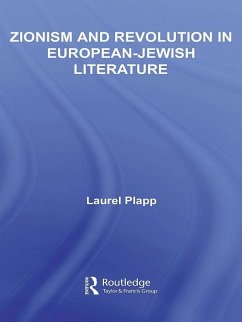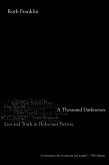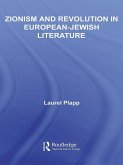Zionism and Revolution in European-Jewish Literature examines twentieth-century Jewish writing that challenges imperialist ventures and calls for solidarity with the colonized, most notably the Arabs of Palestine and Africans in the Americas. Since Edward Said defined orientalism in 1978 as a Western image of the Islamic world that has justified domination, critics have considered the Jewish people to be complicit with orientalism because of the Zionist movement. However, the Jews of Europe have themselves been caught between East and West -both marginalized as the "Orientals" of Europe and connected to the Middle East through their own political and cultural ties. As a result, European-Jewish writers have had to negotiate the problematic confluence of antisemitic and orientalist discourse. Laurel Plapp traces this trend in utopic visions of Jewish-Muslim relations that criticized the early Zionist movement; in post-Holocaust depictions of coalition between Jews and African slaves in the Caribbean revolutions; and finally, in explorations of diasporic, transnational Jewish identity after the founding of Israel. Above all, Plapp proposes that Jewish studies and postcolonial studies have much in common by identifying ways in which Jewish writers have allied themselves with colonized and exilic peoples throughout the world.
Dieser Download kann aus rechtlichen Gründen nur mit Rechnungsadresse in A, B, BG, CY, CZ, D, DK, EW, E, FIN, F, GR, HR, H, IRL, I, LT, L, LR, M, NL, PL, P, R, S, SLO, SK ausgeliefert werden.









